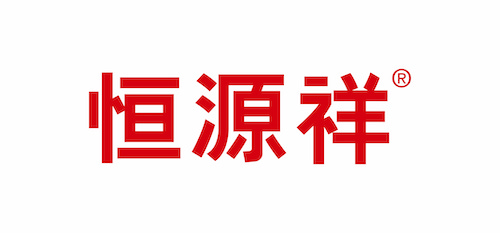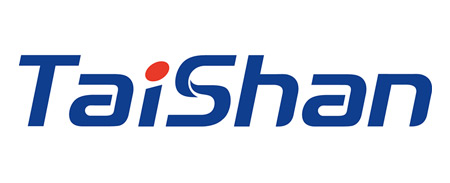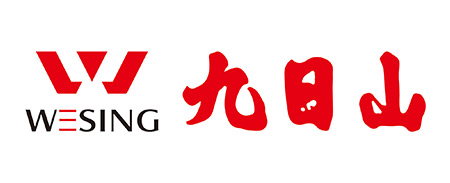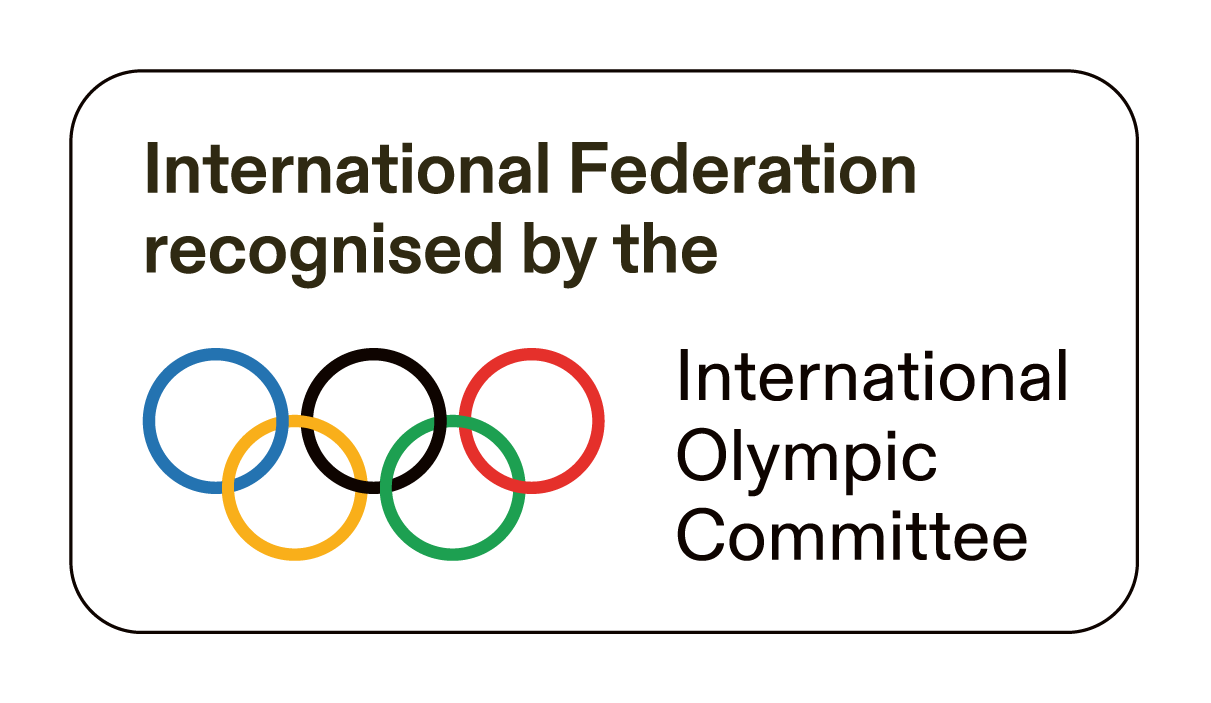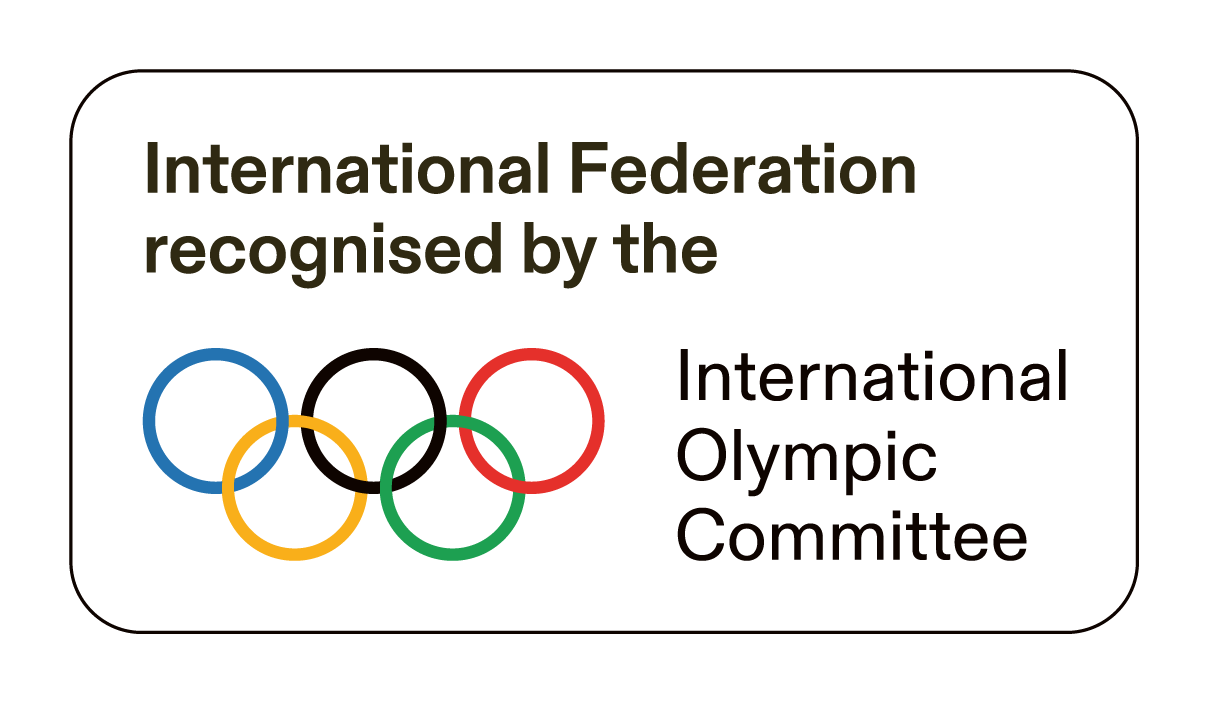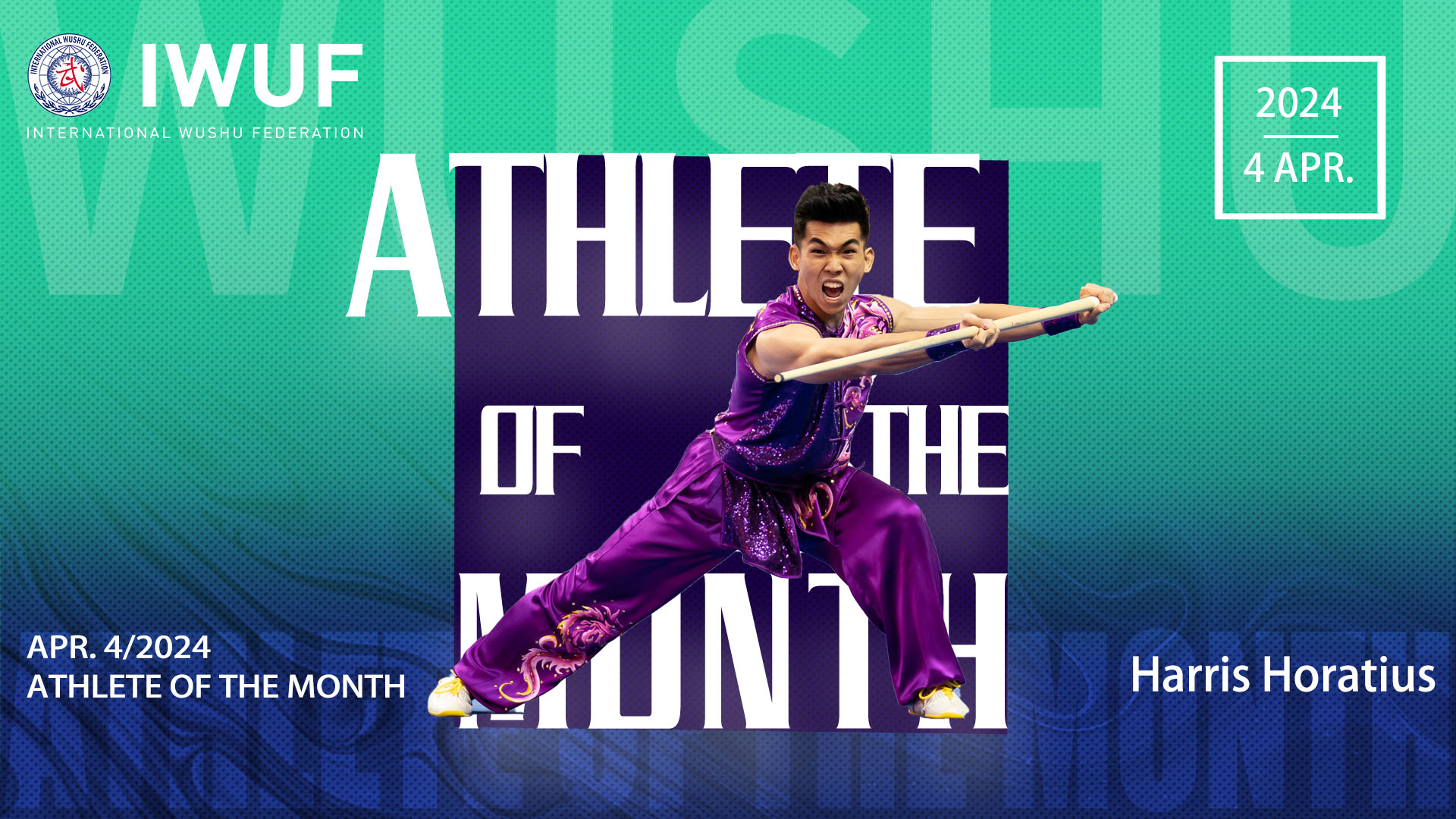
Harris Horatius, 29, is one of Indonesia’s top wushu champions, and has won medals in 3 World Wushu Championships. He began his career with a bright junior wushu career, winning 7 medals, 3 of them gold, in the World Junior Wushu Championships and the Asian Junior Championships. His senior wushu debut was at the 2015 SEA Games where he won the gold medal in nanquan and nangun combined, and he has continued to be a fixture on the podium in successive SEA Games. Harris won the silver medal in nanquan/nangun combined at the 2022 World Games in Birmingham, and following this he won the gold medal in men’s nanquan/nangun at the 2022 Asian Games in Hangzhou. Most recently, in 2023 he won the gold medal in nandao at the 16th World Wushu Championships in Fort Worth, as well as the bronze medal in nangun.
Wushu Beginnings
Harris discovered wushu when he was 10 years old. “My mom introduced it to me,” he remembers, “and at from the beginning it was so fun. My first wushu competition was the national wushu championship 2006 in Semarang, Indonesia. At that time I felt so initially shocked with the competition vibes because there were a lot of people competing. I felt so excited yet nervous. My coach kept telling me just do your best and enjoy. I got second place for nanquan group C. From that moment I kept practicing until I finally joined the national team in 2007.”
Just two years later Harris would win a gold medal in nandao at the 2009 Asian Junior Wushu Championships in Macau, China. Competing on the circuit of junior wushu events would build a sport foundation for Harris’ entire wushu career. “The 2009 Asian Junior Wushu Championships was my third time international competition,” he notes. “Before that I competed at the Asia Junior Wushu Championships 2007 in Yeongju, and the World Junior Wushu Championships 2008 in Bali. At that time I was so happy. I couldn’t sleep because everything was so exciting -- the moment of competition, the awarding ceremony, the praise, the spotlight – all this kept repeating in my mind.”
A Junior Wushu Star Rises
Harris would go on to stand out as a rising star athlete at the Asian Junior championships over the next few years, and also would also distinguish himself winning medals at the World Junior Championships in Singapore and Macau. Beside honing his athletic and technical wushu skills, these experiences also let him experience different countries and cultures outside of Indonesia.
“All those years of competitions gave me many good memories, especially meeting new friends from many countries,” says Harris. “It was like wow, there are so many people around the world with different language, culture and ethnicities. And those competitions also taught me a valuable lesson that I can’t stop here -- I need to stay hungry and prepare for the senior stage.”

Harris recalls an especially valuable life experience at the 2011 Asian Junior Championships in Shanghai. “At that event,” he says, “it was really a hard time for me because when competing nanquan in the morning I got injured with my back. Worse is I can’t walk, sit or lay down -- but I had to compete in nandao in the afternoon so I stayed at the venue. Luckily I have a coach that took care of me, called Yang Nian Wu. He found food for me, he helped me to lay down, he helped me find a doctor. He did his best to make me feel comfortable. He already told me that I can skip the competition but I thought – I can’t stop, I have to finish my competition. So I decided to compete and my coach was supporting me. I competed well even though I didn’t get a medal in nandao. But I finished my competition and I was so grateful.”
Winning for Indonesia
As Harris evolved as a wushu athlete, he began to enter multi-sport events, the first being the SEA Games in 2015 where he won gold in nanquan/nangun combined. Recalling this competition, Harris remembers, “This was my first multi-sport competition. The ambience was totally different. There was a lot of media, news, and people talking about this competition. This moment was so special when I got a gold medal for my country, and since then I have always been selected to represent my country for the international stage.”
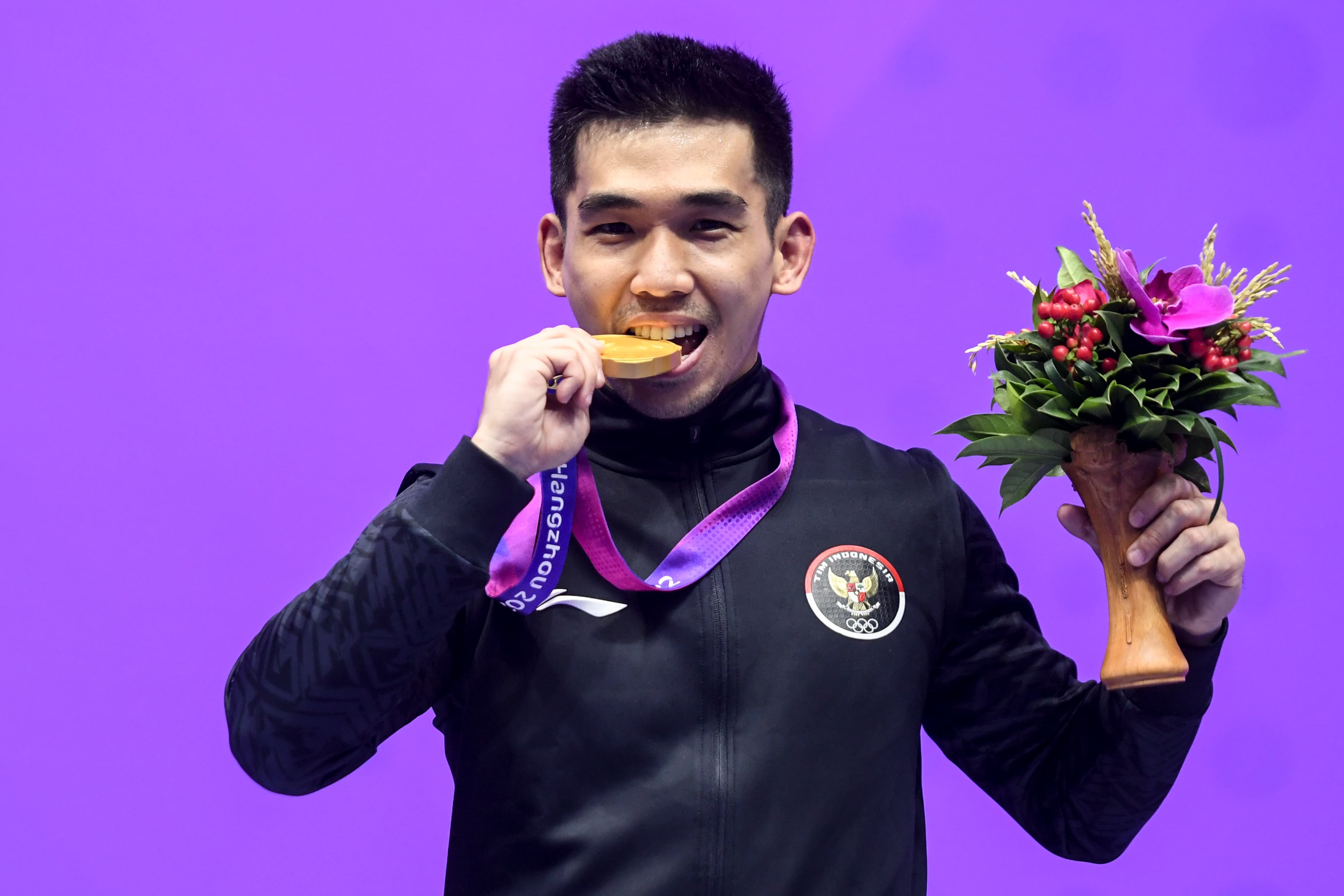
The SEA Games ushered in a sea change for Harris, who would now be a cornerstone of Indonesia’s winning wushu team. In 2015 the World Wushu Championships were hosted by his country, in Jakarta. Performing in front of his countrymen, and competing for the pride of Indonesia, brought things to a whole new level. Despite the pressure, Harris would step up onto the podium and stand under his national flag with a bronze medal in nangun. It was special, Harris recalls, because “everyone from all over the country united to cheer the Indonesia wushu team. All the Indonesian coaches and athletes from different cities came and gave us the best support.”
Lows and Highs of Competition
Flash forward four years to the 2019 WWC in Shanghai, where Harris was again a champion with a bronze medal in nangun. This was made even sweeter by winning a gold medal in duilian with teammates Edgar Marvelo and Seraf Naro Siregar. Their rocking, energetic performance had the crowd stamping and cheering as it brought down the house. But this moment of glory was indeed not without a struggle, and a crisis in confidence.
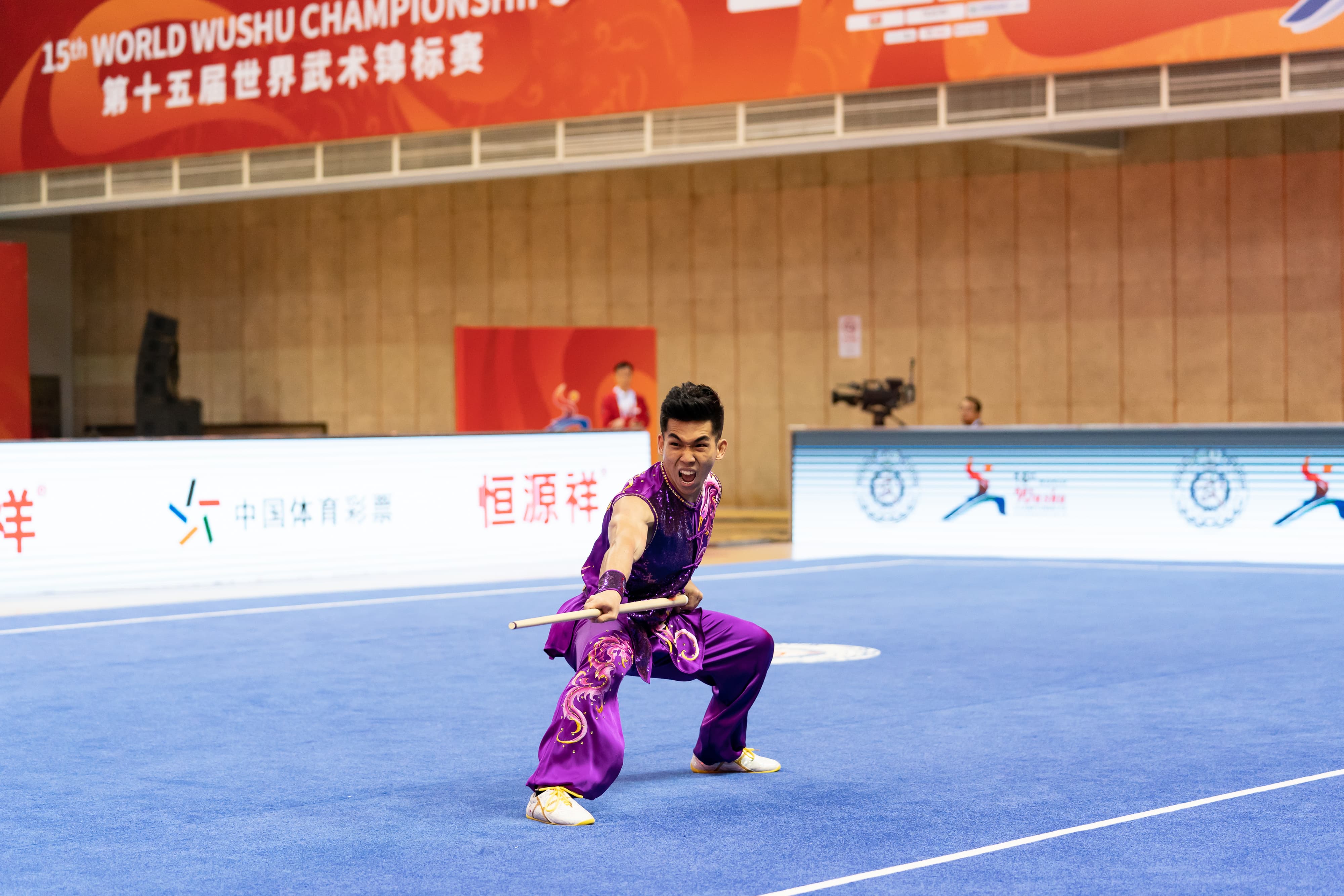
Harris explains, “There is a story before I get in to this competition in Shanghai. The story begins when I failed at the 2018 Asian Games. I was hitting the bottom of my life. I never experienced this before. I was so disappointed and I started to blame myself. I had decided to stop my wushu career because I think this is the end. I am a loser. But I have my family that supports me and helps me get through this. I went on to compete, and I won a WWC medal again in Shanghai. But it was even happier, because this time I won a gold medal in duilian with my teammates Edgar and Naro and we could celebrate together.”
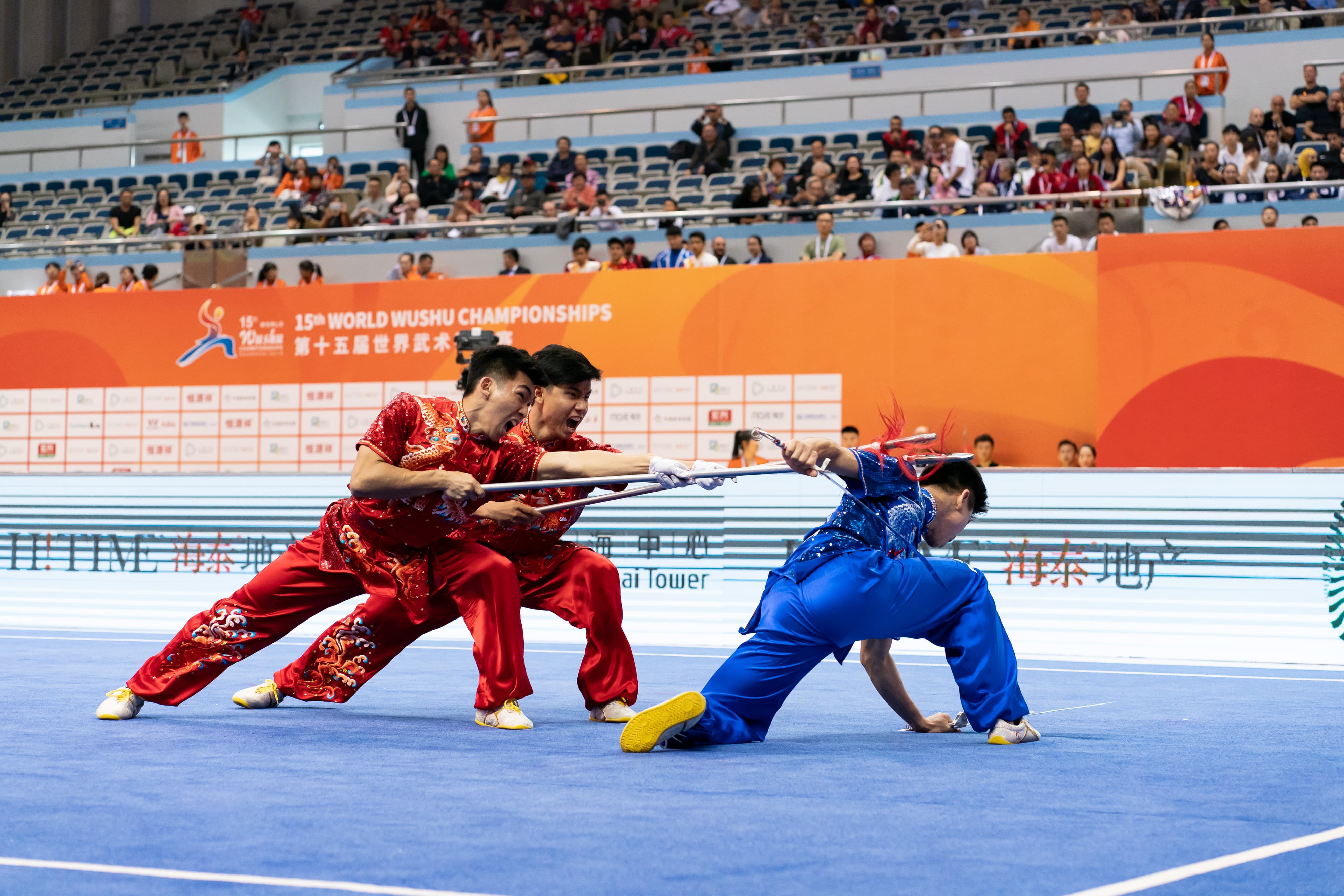
The following year the Covid-19 pandemic halted sport competition all around the world, but coming out of it Harris seemed stronger than ever, winning a silver medal in Birmingham at The World Games 2022 in nanquan/nangun, and then later that year taking the nanquan/nangun gold at the Asian Games in Hangzhou. “Birmingham,” Harris says, “was a different experience because World Games is a large multi-sport championships. All the athletes that are competing are the best of the best in the world. Hangzhou was also very special because I had failed in Asian Games 2018, but in the 2023 Asian Games I finally won the gold and I was so happy.”

World Wushu Championships – Three’s a Charm
In 2023 Harris came to Fort Worth to his 3rd World Championships to win a bronze in nangun and a gold medal in nandao. Harris says, “That was truly an unforgettable moment and I’m beyond grateful for it. As we all know, the Indonesian team and coaches are very loyal and supportive, and I can say that they’re my support system since day one. So the moments that I got those medals, I can see that they’re very happy for me too.”
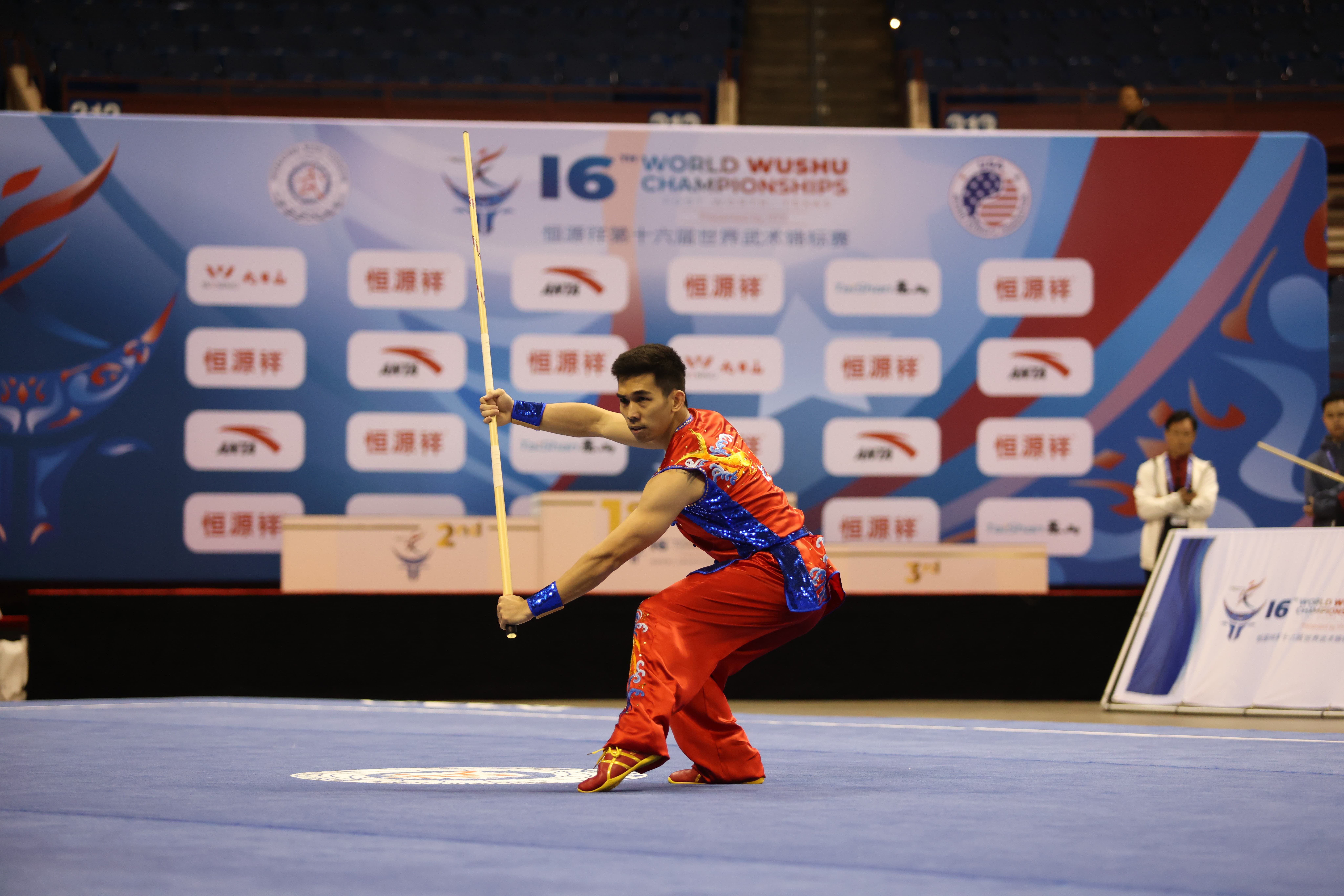
As thrilling as the wins are, like many athletes, Harris also misses home when he competes, but he is grateful for his team and feels lucky to represent Indonesia. “Honestly,” he admits, “training and traveling gives me mixed feelings. I have to travel far from my country, far from my family, it is sometimes a very tough situation. But, on the other hand, I am glad that can spend most of my time with my team. We cried together and we celebrated together, and at least in my life, I am proud that I have a chance to spend my time with them on this journey. With all that I’ve experienced, I am proud for having this chance to be a winner, and honestly, I feel like what I’ve achieved is not only for me -- all of my awards are also for Indonesia because of their support.”
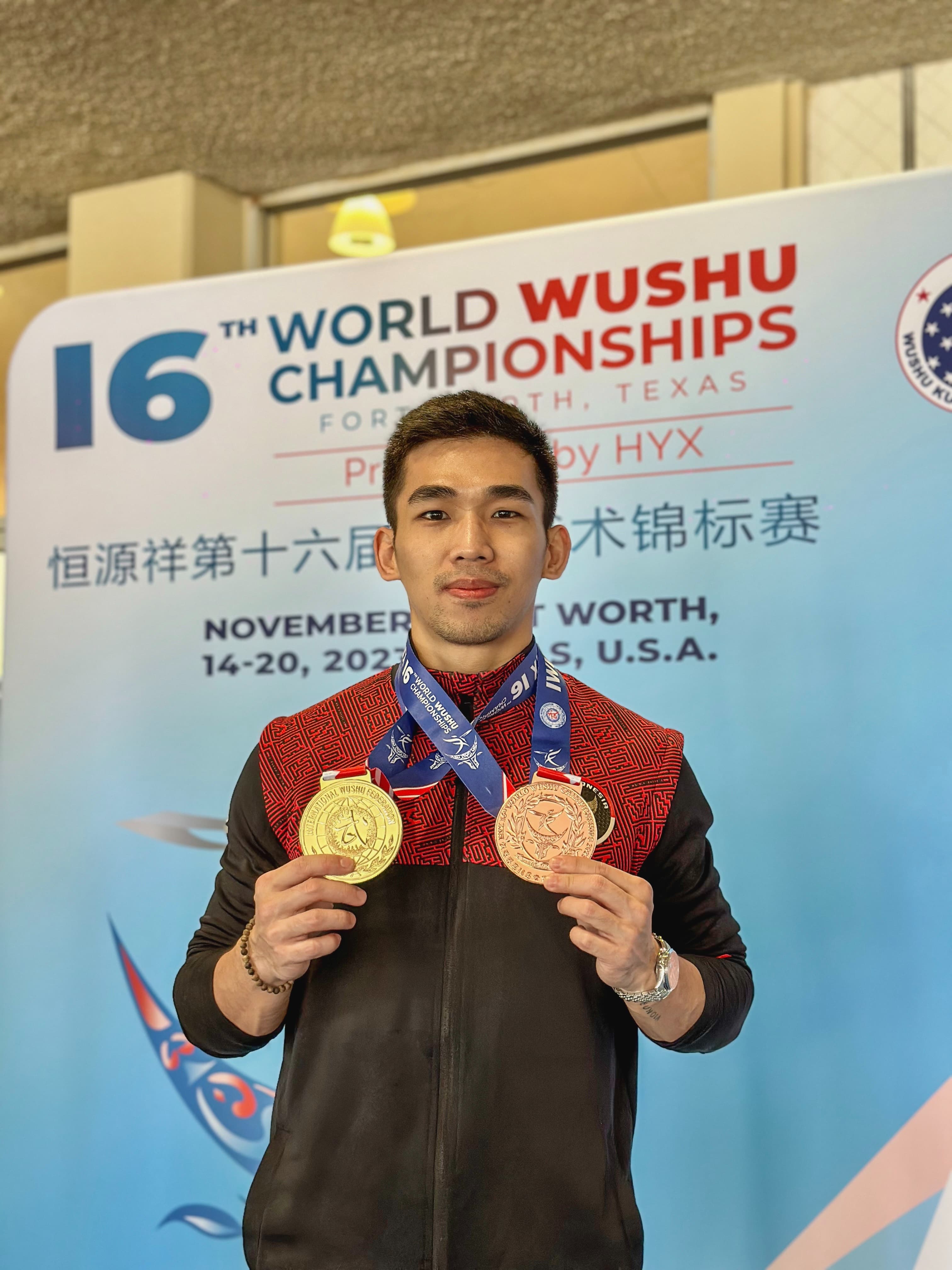
Wushu Life
We asked Harris why he’s attracted to his specialties nandao, nangun and nanquan. “I like these styles,” he says, “because the movement is very strong and powerful. I think it suits me because I have a good posture for nanquan and I have good strength.” And duilian? “I like duilian,“ Harris says, “because ever since I was a kid I liked to watch fighting movies and when I got the opportunity to compete in duilian, I was excited to learn this and perform.”

Besides physical and technical skills, Harris believes that mental skills also just as important in wushu. “For me,” Harris says, “the biggest challenge is to conquer myself. There are times when I felt like everything didn’t go well, and my training is not good enough, and in those times, I have to push myself to keep sane and remain calm. Because if I’m not, I will be so overwhelmed and it will have an effect for my upcoming match.”

As he feels his wushu team acts as a family when he is far from home, Harris also credits coaches with helping him grow as a human being, beyond being an athlete. “My coaches,” he says, “are not just wushu coaches. Sometimes we also spend our time to have philosophical conversations, and I also learn a lot about the value of life.” As for his own family, Harris remarks that, “My family is proud of me being a wushu athlete, and happy for me winning competitions. Now they do not worry about me anymore, since wushu gave me so many privileges, experiences, and a good career.” Outside wushu Harris studied as a Magister of Notarial Law, and says, “I love to read a lot of books. I mostly spend my leisure time reading and learning new things.”
At 29, Harris remains at the peak of his career, and we look forward to seeing his masterful, winning wushu performances in future competitions. But Harris feels that wushu will always be a big part of his life, even when he someday retires, and that he hopes to share his experience and skills with younger wushu athletes. “I would really love,” he says, “to still participate in building the next generation of Wushu Indonesia in the future.”









